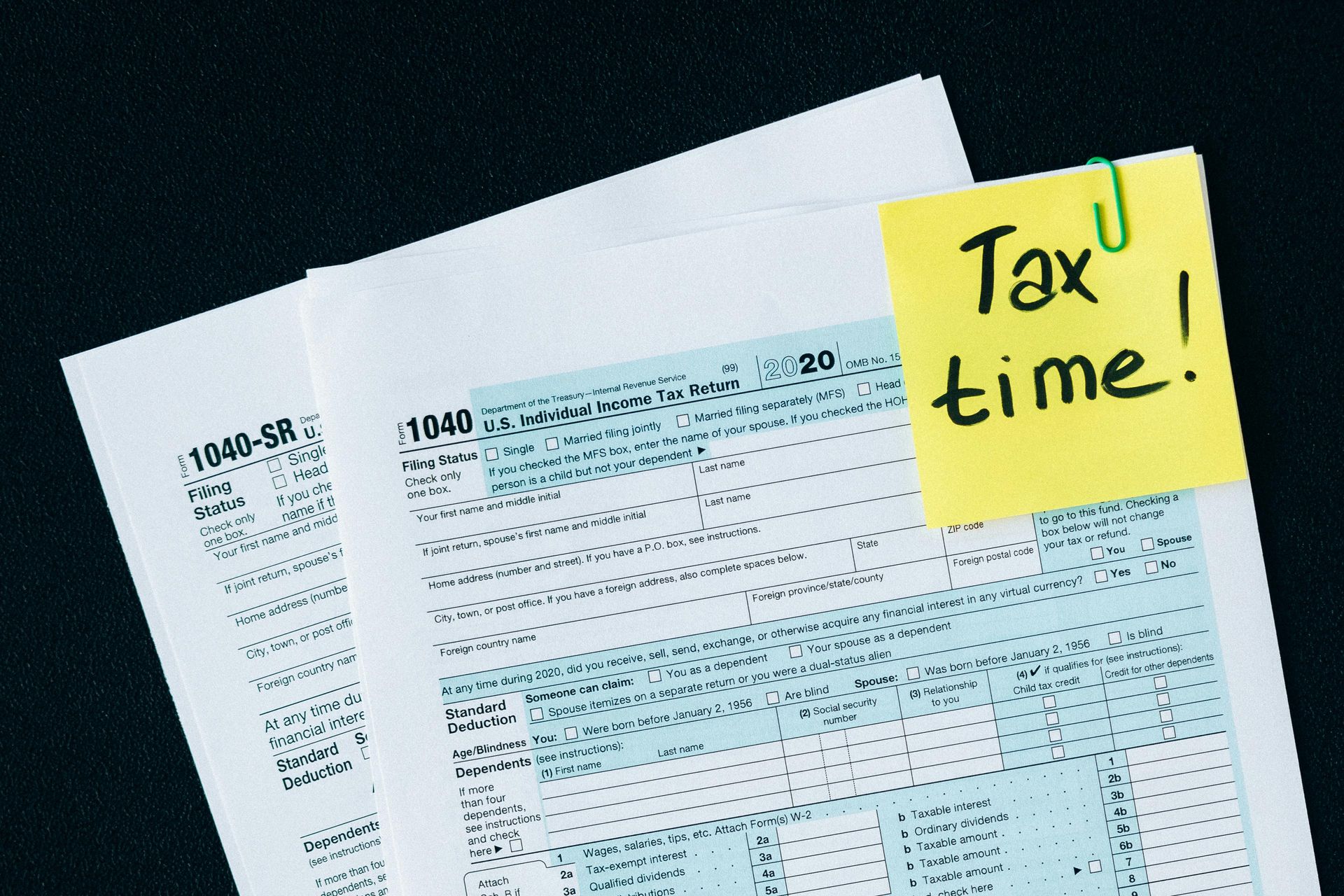Preparing for a Financial Audit, A Practical Guide for Small and Mid-Sized Businesses
The word “audit” can sound intimidating, but in reality, a financial audit is one of the most valuable processes a business can go through. It verifies accuracy, builds trust with lenders or investors, and often uncovers ways to strengthen financial controls. With the right preparation, an audit does not have to be stressful. It can be an organized, productive process that reinforces confidence in your business.
The best time to start preparing for an audit is long before one is scheduled. Keeping your records accurate and organized year-round is the foundation. Every invoice, receipt, and payroll record should be stored in a clear and accessible way. When information is scattered or incomplete, it slows the process and raises questions. Consistent bookkeeping ensures your financial story can be easily followed by auditors.
Reconciliation is another critical step. Your bank accounts, credit card statements, and accounting software should all match. Any differences need to be investigated and corrected as soon as they appear. This not only makes the audit smoother but also prevents small errors from growing into larger issues later.
It is also important to review internal controls. Auditors often look at how your business prevents and detects errors or fraud. This includes approval procedures, segregation of duties, and access to financial systems. Documenting these controls and updating them regularly demonstrates that your business is proactive about accuracy and accountability.
Before the audit begins, review your financial statements carefully. Make sure your balance sheet, income statement, and cash flow statement align with the underlying records. Look for unusual variances or trends that might prompt questions. Being familiar with your numbers allows you to answer confidently during the audit and provides an opportunity to correct any inconsistencies early.
Communication with your auditor is key. Establish a clear timeline for document requests, meetings, and deadlines. Providing requested information promptly keeps the process efficient. Auditors appreciate transparency, and open communication builds mutual respect. If you do not understand a request, ask for clarification instead of guessing.
Technology can make this process much easier. Cloud accounting systems allow you to share reports and documents securely while maintaining control of your data. Many modern platforms even generate audit-ready reports that detail transactions, approvals, and adjustments. If your business has not yet moved to a digital system, now is a good time to consider doing so.
For small and mid-sized businesses, audits are not only about compliance. They are opportunities to learn. Auditors often identify areas where systems or processes can improve. Treating their findings as constructive feedback instead of criticism can help strengthen operations and prepare your company for growth.
Working with an experienced accounting partner simplifies the preparation process. Firms like ABC CPA Group guide clients through every stage, from organizing records to final audit review. Their team understands how to prepare documentation, respond to auditor questions, and ensure all reports align with current standards. This professional oversight reduces stress and ensures that your audit is both thorough and efficient.
If your business has an audit coming up, start early and approach it as an opportunity rather than a hurdle. A well-prepared audit can reveal the strength of your financial structure, highlight improvements, and give you peace of mind knowing that your records stand up to professional review. With proper planning and support, an audit becomes more than a requirement—it becomes a chance to refine the systems that keep your business running smoothly.



